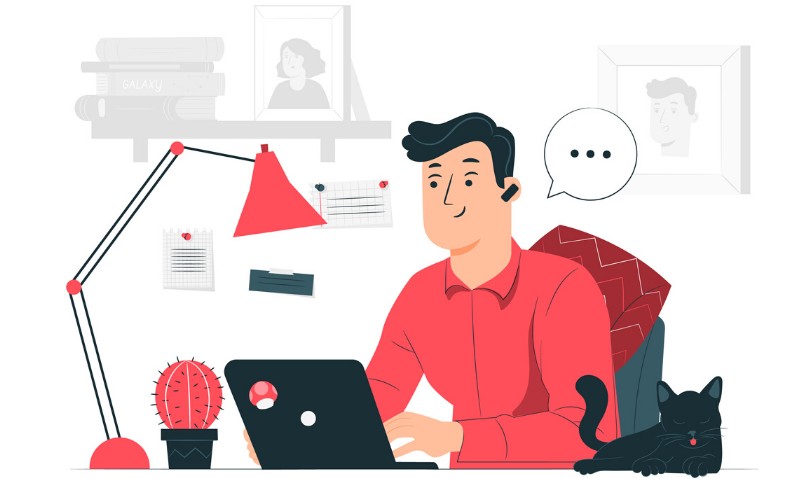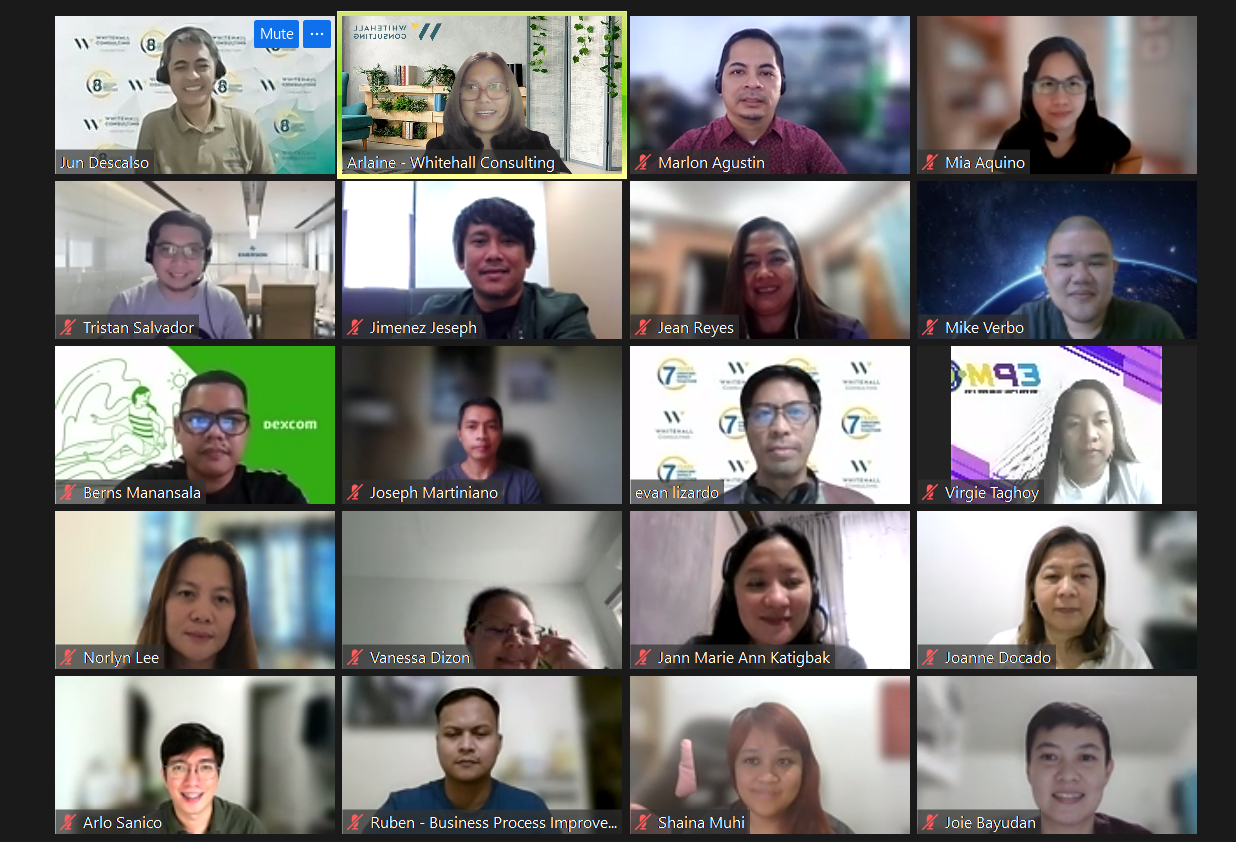Since 2015, the Whitehall team has its employees work remotely from home. As COVID-19 pandemic impacts our communities and businesses, many of our customers are doubling down on work-from-home practices or trying it for the first time. We are sharing some of the tips that helped us successfully make this transition.
Communicate clearly and deliberately
According to Barbara Larson, a professor of management at the Northeastern University of Boston who studies remote working, “Have really clear-set expectations for communications day-to-day. Ask your manager if they don’t mind having a 10-minute call to kick off the day and wrap up the day. Often times, managers just haven’t thought of it. When you communicate with the team, treat it as if talking face-to-face.”
Treat work-from-home as if it’s a real job
Do the preparations you do as if you’re preparing for work. Allot a space for your work to help you increase productivity. “Create boundaries within your home that your family members understand: ‘When the door is closed, pretend I’m not there,’” says Kristen Shockley, an associate professor of psychology at the University of Georgia.
Always remember to unplug after-work hours and do things to set yourself up for work like drinking coffee and exercising.
Don’t feel isolated
With the rise of the COVID-19 cases, we are required to work-from-home. This prolonged set-up will create problems aside from reduced productivity. Employees who are parents, for example, it will be hard for them to work at home because their children might be a handful, and managers must be extra understanding.
It is suggested by the experts that creating normalcy and camaraderie helps to increase productivity and morale for the employees. For example, host virtual parties or happy hours where employees can have downtime to socialize via Skype or Zoom.
Keep your spirits up
In these tough times, an increase of effort by the managers is a must for the employees’ well-being and for them not to feel isolated.
According to the experts, A short period of working from home (2-4 weeks) can be painful but bearable. While a longer period of working from home (2-3 months of full-time working) can lead to serious economic and health problems.
You may leverage online interactions through video calls or manager check-ins especially to the employees who are living alone or isolated. You may allot time on talking freely with the employee and avoid talking about work.
A manager must provide clear communication to their employees since most of us are vulnerable to stress these days. As a manager, accept the difficulty and stress but don’t forget to cheer the team.





